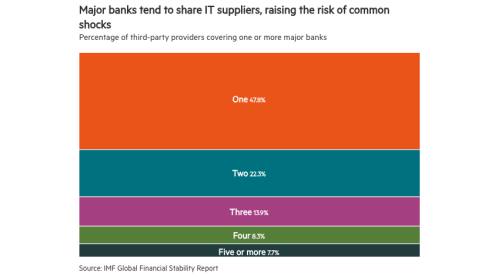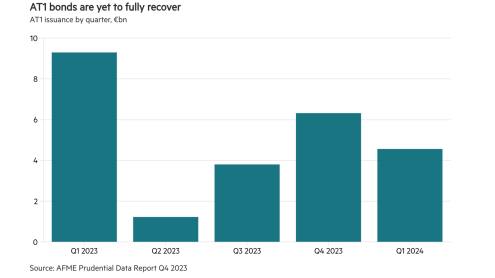Rwanda raised $620m from investors on August 2 as it sold international bonds for only the second time. It is one of several African nations that have taken advantage of favourable bond market conditions as investors look to relatively high-yielding emerging market dollar bonds because of the plunge in developed country bond yields in recent weeks.
The sale of new 10-year debt drew more than $1.6bn of orders, according to the Financial Times.
The government of president Paul Kagame has sought to develop the Rwandan capital, Kigali, into a business hub and develop the country’s tourism sector. After several years of rapid growth, the economy contracted 3.4% in 2020 because of the pandemic.
In the years leading up to the pandemic, Bank of Kigali, Rwanda’s largest bank, saw its Tier 1 capital increase 74% between 2015 and 2019 to $218m, significantly outperforming other Rwandan lenders, according to The Banker Database.
Fitch recently revised Rwanda’s outlook to negative from stable amid concerns about increasing public sector debt as the country grapples with the impact of Covid-19. The rating agency forecasts a return to positive gross domestic product growth of 5% this year, but warned that the third wave of Covid-19 currently hitting the region brings downside risks, with the service sectors most vulnerable to the ongoing government restrictions.
The National Bank of Rwanda lowered the main policy rate by 50 basis points to 4.5% in March 2020 and has held it there since. The central bank also lowered reserve requirements to incentivise banks to increase their lending. Real private sector credit growth accelerated in 2020, but Fitch expects banks to build buffers against non-performing loans and reduce exposure to certain underperforming sectors, such as commercial real estate.
Trends identified using The Banker Database, an online database providing comprehensive financial data and insight for 4,000 of the world's leading banks in 190 countries. Contact us.











